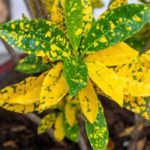The 24 solar terms, including Minor Fullness, are unique to several countries’ calendars, most notably Vietnam’s. Each term occurs at a different time of year and holds a distinct significance. Minor Fullness, or Tiet Tieu Man in Vietnamese, falls between the eighth and ninth solar terms of the summer season. It signifies the end of drought and the beginning of ample water supply, as well as the ripening of crops. Let’s explore the significance and timing of Minor Fullness in 2023.
1 What is Minor Fullness?
Minor Fullness, or “Xiao Man” in Chinese, is one of the 24 solar terms. It usually occurs at the end of May or early June and marks the transition from the eighth to the ninth solar term of the summer season. This term signifies the end of dryness and the arrival of abundant water. It is named so because “Xiao” means small or minor, and “Man” means full or abundant.
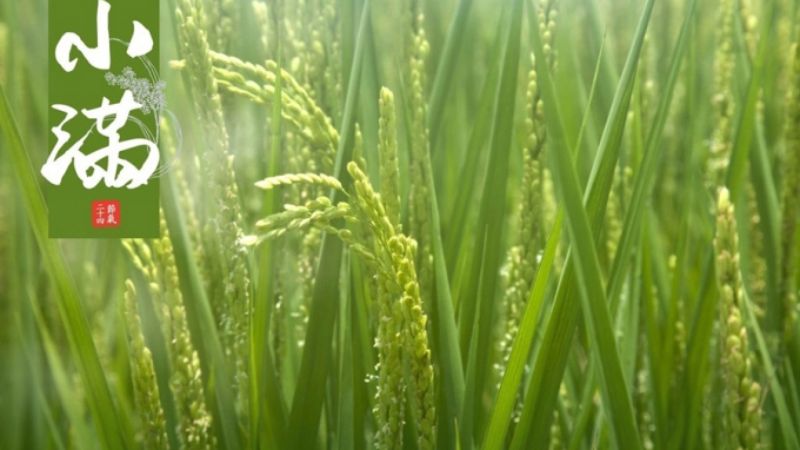 What is Minor Fullness?
What is Minor Fullness?
2 When does Minor Fullness occur?
Minor Fullness typically occurs at the end of May or early June. It is determined based on ancient Chinese calendars and rules. While the exact dates may vary slightly from year to year, it usually starts around May 21-22 and ends on June 5-6 in the Gregorian calendar. In 2023, Minor Fullness will begin on May 28 (April 10 in the lunar calendar) and end on June 5 (April 18 in the lunar calendar).
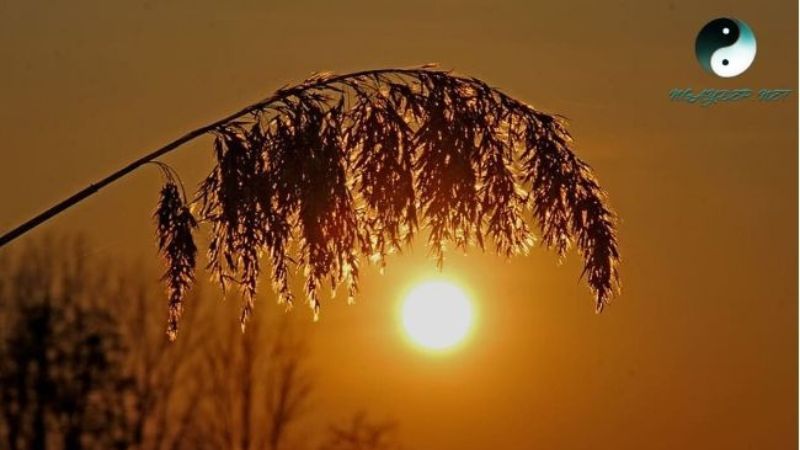 When does Minor Fullness occur?
When does Minor Fullness occur?
3 Characteristics of Minor Fullness
Each solar term is associated with unique characteristics due to the specific time of year it occurs. Minor Fullness is no exception:
- Weather: Minor Fullness brings an end to dry spells. During this time, temperatures and humidity tend to rise, and the interaction between oceanic air masses becomes more pronounced, leading to increased rainfall and minor floods in rivers and streams. This abundance of water is beneficial for both daily life and agricultural production.
- Life Forms: This period is favorable for the growth of most plants, especially food crops. It also facilitates the maturation and reproduction of various animal species.
- Microorganisms: The high humidity and temperatures characteristic of Minor Fullness promote the proliferation of microorganisms and fungi. However, this rapid growth can also lead to health issues for humans and animals.
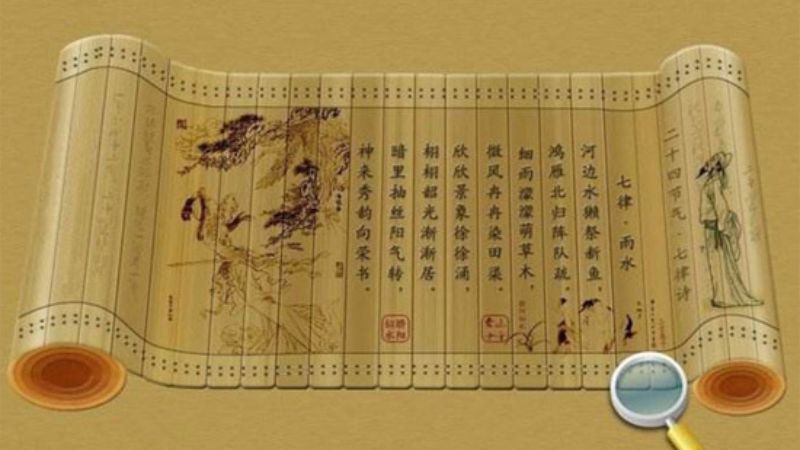 Characteristics of Minor Fullness
Characteristics of Minor Fullness
4 Significance of Minor Fullness
Feng Shui Significance of Minor Fullness
Minor Fullness typically falls in the fourth lunar month each year, corresponding to the Pure Qian hexagram in Chinese divination. This hexagram symbolizes robust growth, prosperity, and strength. The fire element is particularly strong during this solar term, which can lead to tension and unfortunate conflicts.
Individuals with fire and earth elements in their birth charts will find this period smooth and fortunate. Conversely, those with elements that clash with fire may experience disruptions and challenges in their lives and work.
In feng shui, people born during Minor Fullness are believed to be intelligent, wise, and quick-witted. They value honor, respect their elders, and are well-regarded by others. However, their tendency to act hastily may sometimes lead to mistakes. Emotionally, they are sensitive and compassionate, always willing to lend a helping hand.
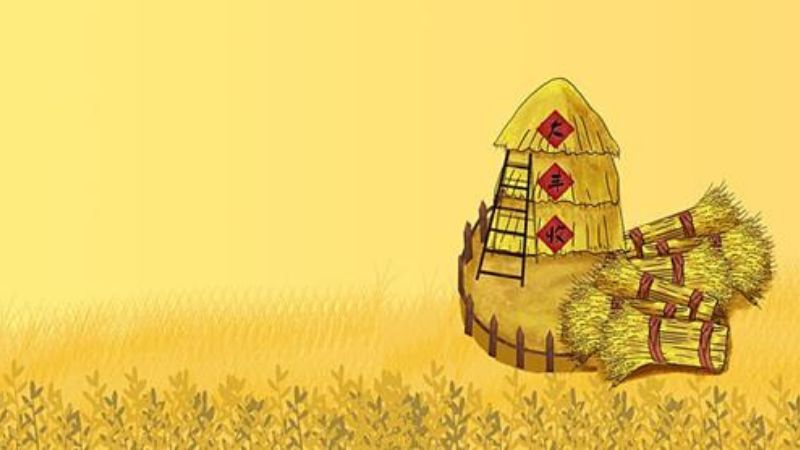 Significance of Minor Fullness in Feng Shui
Significance of Minor Fullness in Feng Shui
5 What to do during Minor Fullness?
Minor Fullness is a time for cultural rituals, gardening, and embracing healthy lifestyles. It is crucial for tending to crops and orchards, as the vigorous growth of organisms and microorganisms during this period can negatively impact plants. Regular watering and pruning are essential.
With rising temperatures and humidity, it is important to pay attention to health and be cautious of seasonal ailments like rashes, eczema, and joint pain. Consuming plenty of herbs and vegetables can help detoxify and cleanse the body.
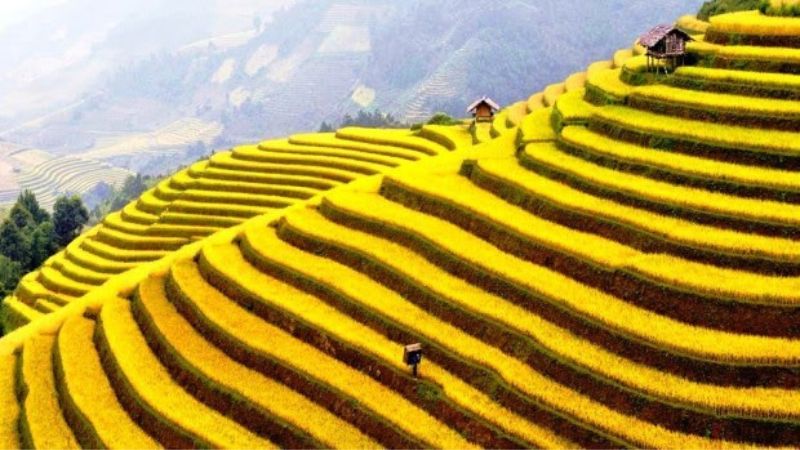 What to do during Minor Fullness?
What to do during Minor Fullness?
According to Chinese beliefs, this period is also marked by celebrations honoring the Silkworm God. This tradition originates from the ancient sericulture practices of the Yangtze and Jiangsu regions, expressing gratitude for a bountiful harvest.
6 What to avoid during Minor Fullness?
During Minor Fullness, it is advisable to refrain from excessive emotional reactions in conversations and work. The Pure Qian hexagram, associated with the fourth lunar month, can bring about significant changes that directly impact one’s psychology, leading to impulsive behavior and heated arguments.
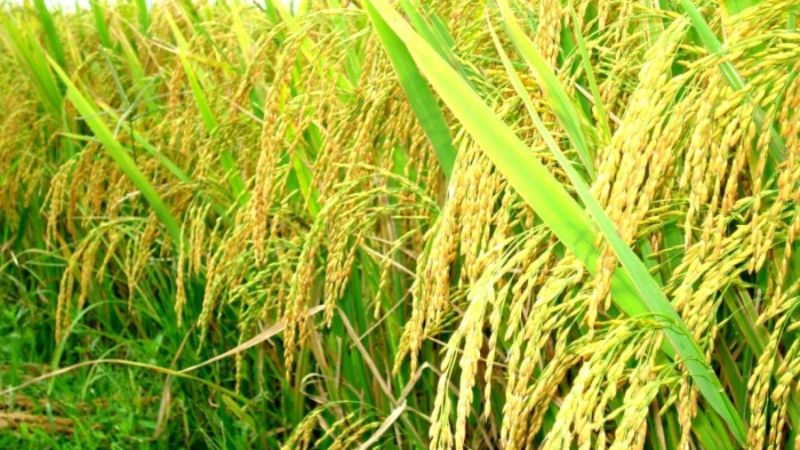 What to avoid during Minor Fullness?
What to avoid during Minor Fullness?
Now you know more about Minor Fullness, its significance, and how it affects various aspects of life. Stay tuned for more informative articles like this one.
2023 Lunar New Year Gift Ideas for Older Family and Friends
As 2021 approaches, families worldwide are gathering to celebrate the special bond between grandparents and their grandchildren. To show their love and admiration, these thoughtfully chosen gifts will bring a smile to the face of the elderly. Here, we have compiled a list of the 13 most meaningful Tet presents that can bring joy to our beloved grandparents.
























